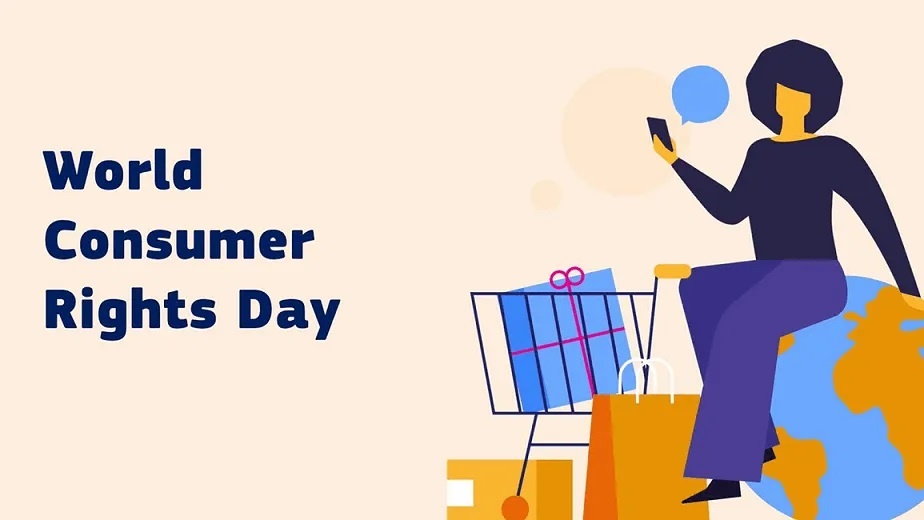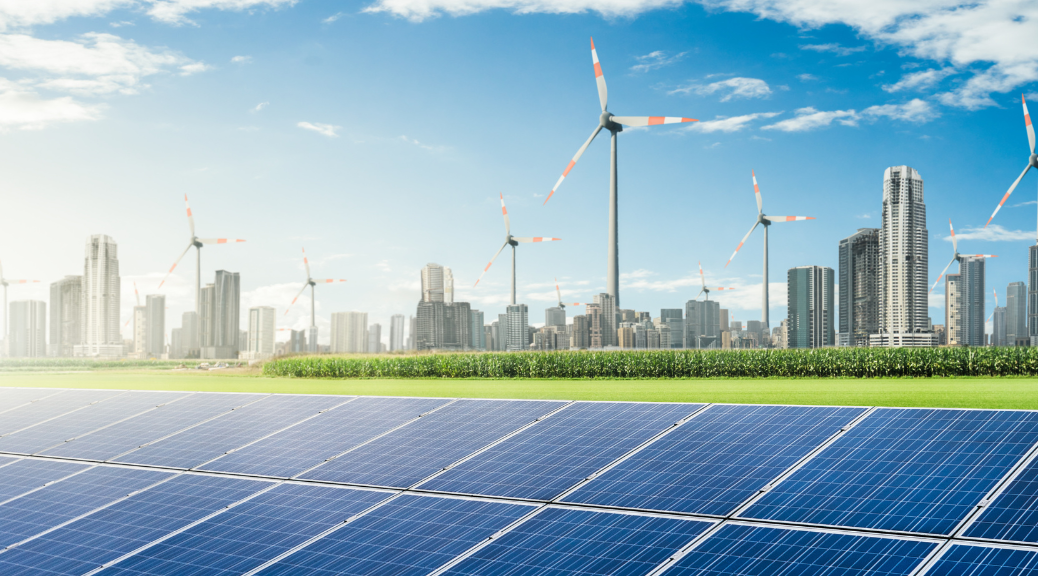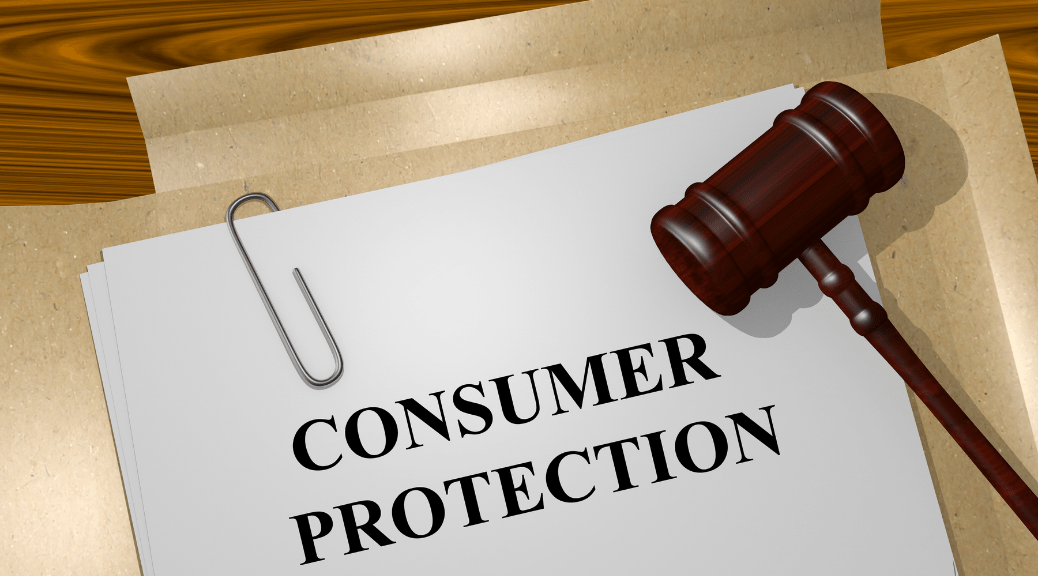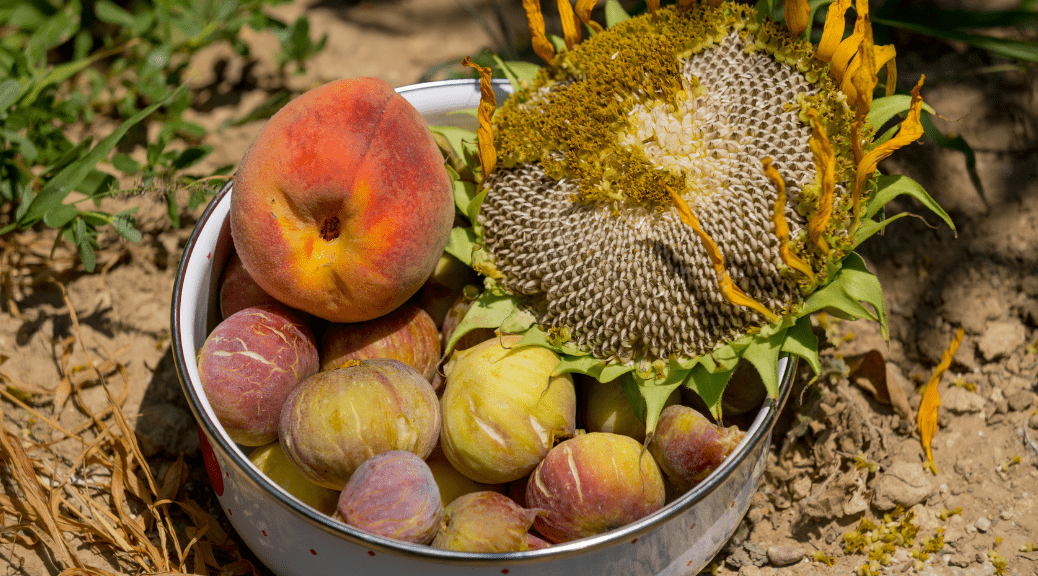This day aims to protect consumer rights and protect them from market abuse and social injustices that may undermine their rights. In India, National Consumer's Rights Day is celebrated every year on December 24. The day serves as a reminder that consumers have the...
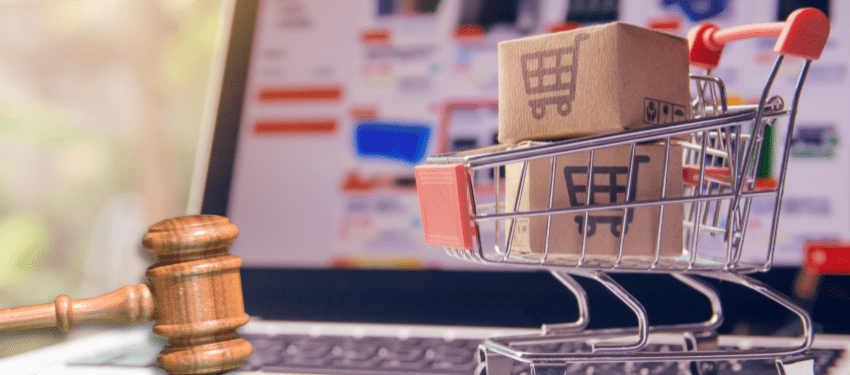
National Consumer Rights Day 2023
National Consumer Rights Day 2023

This day aims to protect consumer rights and protect them from market abuse and social injustices that may undermine their rights. In India, National Consumer’s Rights Day is celebrated every year on December 24. The day serves as a reminder that consumers have the right to be protected from unfair business practices and to have access to safe, quality goods and services. It also highlights the need for governments, businesses, and other stakeholders to work together to promote consumer rights and address consumer concerns. This day also provides an opportunity for individuals to highlight the importance of the consumer movement and the need to make every consumer more aware of their rights and responsibilities.
BY ASHIM SANYAL, COO CONSUMER VOICE
National Consumer Rights Day is often confused with World Consumer Rights Day, which is celebrated on the 15th March. Though both have the same purpose of building consumer awareness, the former is observed at the National level while the latter is celebrated globally. Incidently,India celebrates both days. The history of Consumer Rights Day in India can be traced back to 1986 when the Consumer Protection Act was passed by the Parliament. This Act introduced consumer rights aiming to protect consumers from exploitation in the market.
National Consumer Rights Day and the Consumer Act have gone a long way in protecting consumers from being cheated by manufacturers and sellers indulging in unfair trade practices. This year, Consumers International has selected ‘Fair and responsible AI for consumers’ as the theme for World Consumer Rights Day 2024. For India’s Consumer Rights Day 2023, the theme selected appropriately is “Consumer Protection in the era of E-Commerce and Digital Trade”. Both themes cover the changing market and consumer spaces due to influx of digital trade and AI which has its own pitfalls and benefits for consumers. A choice that consumers have to consciously make!
Consumer rights mean that every consumer or buyer across the world has the right to have information on the quality, purity, price, and standard of various products, goods, and services. If you will win a consumer today, you will win him for life and enjoy great success in your business. No business can survive without consumers and therefore, consumers must be respected and valued more than anything else.
A very Happy National Consumer Rights Day 2023 to you from Consumer VOICE !
All Coo Desk
National Consumer Rights Day 2023
World Consumers Rights Day – 2022 “Fair Digital Finance”-for testing
BY ASHIM SANYAL, COO CONSUMER VOICE World Consumer Rights Day was inspired by John F Kennedy, who was the first leader to send a special message on 15 March 1962 to the US Congress in which he formally discussed consumer rights concerns. In 1983, it was first...
World Consumer Rights Day – Shifting to Clean Energy for a Greener and Cleaner World
BY ASHIM SANYAL, COO CONSUMER VOICEWorld Consumer Rights Day was inspired by John F Kennedy, who was the first leader to send a special message on 15 March 1962 to the US Congress in which he formally discussed consumer rights concerns. In 1983, it was first marked by...
World Consumers Rights Day – 2022 “Fair Digital Finance”
BY ASHIM SANYAL, COO CONSUMER VOICEWorld Consumer Rights Day was inspired by US President John F Kennedy, who sent a special message to the US Congress on 15th March 1962, in which he formally addressed the issue of consumer rights. The...
Consumers: Know Your Rights
BY ASHIM SANYAL, COO CONSUMER VOICEA food system is defined as a system that embraces all the elements (environment, people, inputs, processes, infrastructure, institutions, markets and trade) and activities that relate to the production, processing, distribution and...
UN Food Systems Summit 2021 – It’s a People’s Summit
UN Food Systems Summit 2021 – It’s a People’s Summit Let’s join and contribute to a healthy world! BY ASHIM SANYAL, COO CONSUMER VOICEA food system is defined as a system that embraces all the elements (environment, people, inputs, processes, infrastructure,...
Road accidents have claimed more lives than the pandemic
Road accidents have claimed more lives than the pandemicBY ASHIM SANYAL, COO CONSUMER VOICEClaiming the road accident situation in India to be more precarious than the "dangerous COVID-19 pandemic", MoRTH Minister, Mr Nitin Gadkari in a recent press conference said...
How has Coronavirus impacted the Indian Economy
How has Coronavirus impacted the Indian Economy BY ASHIM SANYAL, COO CONSUMER VOICEAs I sit down to write, there are reports of more than 3.68 lakh fresh corona cases in India in the last 24 hours and 10 states account for 73.78% of the new cases registered. This is...
National Consumer Day 2020 – Time for consumers to awake and arise
National Consumer Day 2020 – Time for consumers to awake and ariseBY ASHIM SANYAL, COO CONSUMER VOICEEvery year 24th December is observed as National Consumer Day in India with a specific theme. On this day the Consumer Protection Act, 1986 had received the assent of...
Light of Hope for Consumers
Light of Hope for ConsumersBY ASHIM SANYAL, COO CONSUMER VOICEAs we begin 2019—a year that already portends to be among the most tumultuous in memory— I certainly welcome “the coming of hope for consumers, rich or poor.” After all, at Consumer Voice, we are in the...
Is Artificial Intelligence a friend or foe?
Is Artificial Intelligence a friend or foe? BY ASHIM SANYAL, COO CONSUMER VOICEI remember the first day when my son brought home his dream robot assistant Alexa. In fact it was a parting gift from his former company. Being an engineer he sat for a week to set the...
It’s time for consumers to wake up from their deep slumber!
It’s time for consumers to wake up from their deep slumber! BY ASHIM SANYAL, COO CONSUMER VOICEArise and awake consumers ! Something we all have been hearing since the last 3 decades or more! This is true for most of the developing nations where the businesses rule...
Is India ready for E-commerce?
Is India ready for E-commerce? BY ASHIM SANYAL, COO CONSUMER VOICEDriven by the rising smart phone penetration, the launch of 4G networks and increasing consumer wealth, the Indian e-commerce market is expected to grow in leaps and bounds in the near future. But is...
If you want to Breathe, Protect the Environment NOW!
If you want to Breathe, Protect the Environment NOW! BY ASHIM SANYAL, COO CONSUMER VOICEWe cannot continue with our wasteful way of life. Saving the environment is not just about helping the animals or birds, it is about us as well. It is also about how we treat the...
The fight against NCDs and trans fat
The fight against NCDs and trans fatBY ASHIM SANYAL, COO CONSUMER VOICENon-communicable diseases (NCDs) have emerged as the leading cause of human mortality and morbidity in low, middle and high-income countries alike and India is not an exception. WHO has flagged off...
The Curse of Child Labour and Generating Consumer Awareness
The Curse of Child Labour and Generating Consumer Awareness BY ASHIM SANYAL, COO CONSUMER VOICEAccording to the Census of India 2011, 10 million children are engaged in labour or seeking work. This picture is alarming. Add to that, instances of children working in the...
It takes time to Empower Consumers !
It takes time to Empower Consumers !BY ASHIM SANYAL, COO CONSUMER VOICEThe year 2019 will be remembered as the year of consumer empowerment with the passage of Consumer Protection Act 2019 after 30 years. It has been a long haul for many consumer organizations working...
The Price of Misleading Advertisements
The Price of Misleading AdvertisementsBY ASHIM SANYAL, COO CONSUMER VOICEDid you know irresponsible advertising can boomerang? Businesses are not allowed to make statements that are incorrect or likely to create a false impression. The Consumer Protection Act 2019...
Consumerism – Present and Post Covid-19
Consumerism – Present and Post Covid-19BY ASHIM SANYAL, COO CONSUMER VOICEWe have already started thinking about how and how much consumerism and the role that it plays in the future, will change in the post Coronavirus scenario. COVID-19 is spreading like wild fire...
Sustainable products and consumption – Are we ready?
Sustainable products and consumption – Are we ready?BY ASHIM SANYAL, COO CONSUMER VOICEHow optimistic are we about sustainable products? We as consumers do talk about sustainable products and some survey results even show that consumers are willing to pay more, but...
front-of-package-labelling-fopl-healthy-choice-for-consumers
Front-of-package labelling (FOPL) – Healthy choice for consumersBY ASHIM SANYAL, COO CONSUMER VOICEDid you know that poor diet is not limited to insufficient intake of nutrients but also excess intake of salt, sugar and fat which is one of the biggest cause of...

